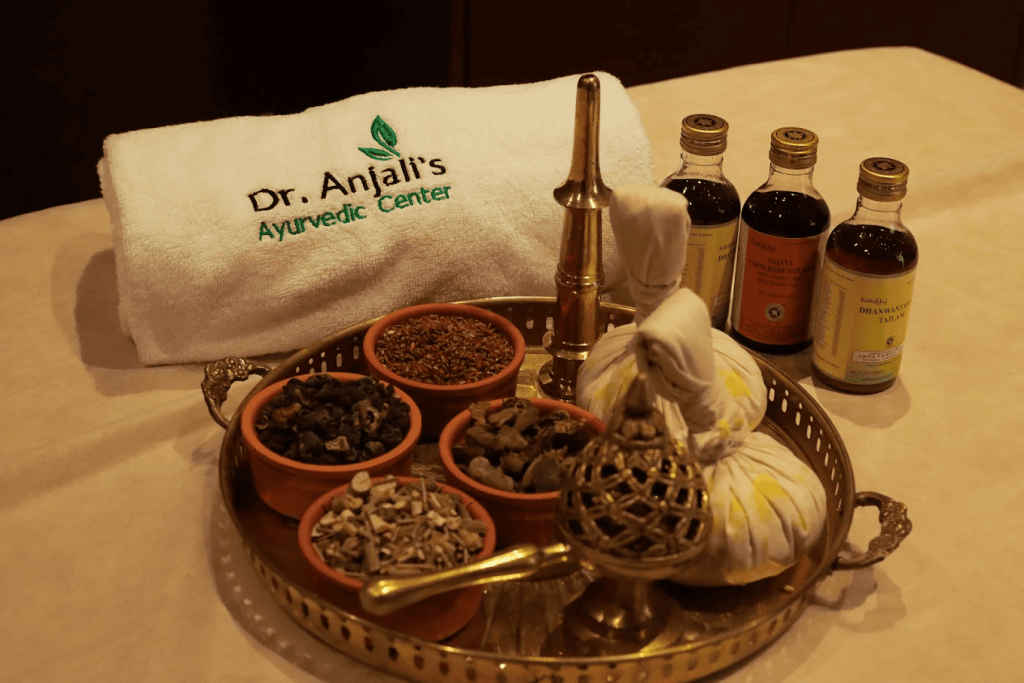Hypertension is one of the most common lifestyle diseases in present era. Every 5th person is found hypertensive. Most adults develop it in last half of their life.
Hypertension results from variety of reasons like stress, obesity, genetic factors, over use of salts in the diet etc. It is called a silent killer because it rarely exhibits symptoms before it damages the heart, brain, or kidney. The prevalence of Hypertension and its adverse effects are increasing in an alarming rate.
Commonly known as high blood pressure (BP), it is a chronic condition that increases the risk of cardiovascular diseases, stroke, and kidney failure. According to the World Health Organization (WHO), nearly 1.28 billion adults worldwide suffer from high blood pressure, with only 42% being diagnosed and treated effectively.
Modern medicine primarily manages hypertension through antihypertensive drugs like ACE inhibitors, beta-blockers, and diuretics. Conventional medicine may come with long-term side effects. This is prompting many to turn toward natural ways to reduce BP through hypertension treatment in Ayurveda and holistic approaches.
Why High BP Should Always be Treated
If high blood pressure is not treated, it can slowly damage your body without showing any symptoms. Over time, it puts too much pressure on your heart, making it work harder. This can lead to heart problems like heart attacks, heart failure, or irregular heartbeat.
It also affects the brain by increasing the risk of stroke and memory problems. High BP can harm your kidneys, possibly leading to kidney failure. In the long run, untreated hypertension can shorten your life and lead to serious health issues that could have been prevented with proper care. That’s why it’s important to monitor and manage blood pressure through lifestyle changes, medication, or natural approaches like Ayurveda.
Ayurvedic Treatment for Blood Pressure
Ayurveda classifies it as Raktagata Vata—a condition where aggravated Vata Dosha disturbs blood circulation, leading to elevated BP levels. Ayurveda recommends a combination of diet, herbal medicines, yoga, and Panchakarma therapies for effective stress management.
Research-Based Ayurvedic Management of Hypertension
Mother nature has provided us with a rich bounty of herbs that can benefit our cardiovascular health. In Ayurvedic medicine, Arjuna is a revered herb known for its cardioprotective properties and ability to support heart health.
Brahmi (Bacopa monnieri) is another herb that can help manage stress-related blood pressure issues by calming the nervous system. And let’s not forget about Ashwagandha, an adaptogenic herb that helps the body adapt to stressors and promotes resilience.
Punarnava (Boerhavia diffusa)
Research Evidence: A study published in Ayu Journal demonstrated that Punarnava acts as a mild diuretic, helping to regulate water retention-related hypertension.
Sarpagandha (Rauwolfia serpentina)
Research Evidence: A study published in the Journal of Ayurveda and Integrative Medicine highlights the effectiveness of Sarpagandha in reducing systolic and diastolic BP by 10–15 mmHg within four weeks of use.
Several research studies support the role of Ayurvedic herbs and therapies in BP control. These holistic methods are often combined with the best Ayurvedic treatment in Dubai, where modern lifestyle needs meet traditional healing practices.
Ayurvedic Therapies for Blood Pressure Control
Apart from herbal remedies, Ayurveda offers specialized therapies for High BP that help in managing blood pressure.
- Shirodhara – De Stress Therapy
Warm herbal oils like Brahmi, Ashwagandha, and Ksheerabala Taila are poured in a steady stream over the forehead to calm the mind and lower stress-induced BP. This powerful Shirodhara Ayurvedic treatment is widely recommended for stress-related hypertension. - Nasya Therapy (Nasal Administration of Oils)
Medicated oils like Anu Taila and Shadbindu Taila are used to detoxify the sinus pathways and reduce nervous tension. - Panchakarma Detoxification
Therapies like Virechana (Purgation Therapy) and Basti (Medicated Enema) help in balancing Vata Dosha, reducing blood pressure naturally.
Ayurvedic Diet
A balanced Ayurvedic diet can play a crucial role in BP management. Based on shadrasa theory, Ayurveda recommends tastes like madhura (sweet), tikta (bitter), and amla (sour) in managing blood pressure.
To support healthy blood pressure, consider adding foods with natural diuretic properties like watermelon, cucumbers, and leafy greens. Increase potassium-rich foods like bananas, spinach, and coconut water. Avoid excess salt, caffeine, and processed foods that aggravate Vata and Pitta systems.
Yoga & Lifestyle Tips for Blood Pressure Control
Today’s fast-paced world brings constant stress, significantly affecting blood pressure. Fortunately, Ayurveda offers numerous stress-reducing techniques like Smrithi meditation, gentle yoga, and pranayama.
Regular yoga and pranayama are scientifically proven to reduce hypertension. Some effective poses include:
- Shavasana (Corpse Pose) – Induces deep relaxation
- Sukhasana with Deep Breathing – Lowers stress-induced tension
- Viparita Karani (Legs-Up-The-Wall Pose) – Enhances circulation and relaxes the nervous system
- Anulom-Vilom (Alternate Nostril Breathing) – Helps regulate Vata and Pitta imbalances
Conclusion
At Dr. Anjali’s Ayurvedic Center, Ayurveda offers holistic, natural, and side-effect-free solutions for managing hypertension. Research-backed herbs like Sarpagandha, Arjuna, Ashwagandha, Brahmi, and Punarnava, combined with therapeutic treatments such as Shirodhara Ayurvedic treatment, Panchakarma, and Nasya, provide sustainable support for blood pressure control.
For best results, we recommend visiting Dr. Anjali’s Ayurvedic Center and consulting our experienced Ayurvedic doctors, rather than opting for generic treatments elsewhere. If you are looking for the best Ayurvedic treatment in Dubai for hypertension and lifestyle-related issues, our clinic provides personalized, expert-guided care you can trust.
📞 Contact Dr. Anjali’s Ayurvedic Center today for consultation.


Comments are closed